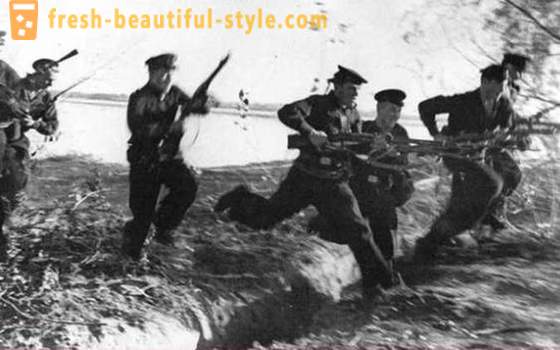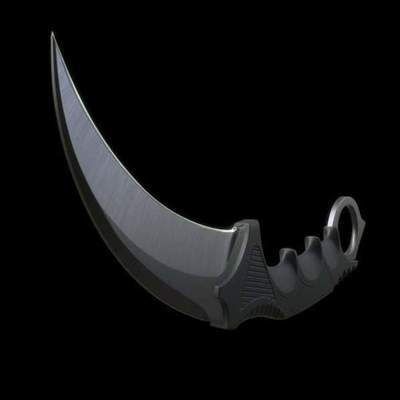The story of the sea cry, "Look out!"
• The story of the sea cry, "Look out!"

interjection "Look out!", As well as many marine terms, it comes to us from the Dutch language. It happened in the time of Peter I, who is very jealous of the development of the Russian Navy and sought to learn a lot from foreign craftsmen.
"Look out!" In the XVII-XVIII centuries, Holland was one of the most advanced in this respect powers. Dutch sailors learned a lot of Russians and at the same time to share some professional terms. Thus, the word "Look out" - it's a bit in the Russian manner pereinachennye Dutch "vanonderen," which means "bottom".
This shout on ships warned of a heavy load that could break away from the rope during transport and killing of people who were at that moment on the deck. Over time, the sea, "Look out!" Was the warning of any danger to the crew. With this exclamation on military ships also went to boarding enemy squadron.
Other values
Russian people to fudge cunning. Naturally, such a vivid word like "Look out" over time has acquired a lot of metaphorical meaning. In dictionaries of Russian language and other linguists Ozhegova they can count no less than five. So, in the Navy, "Look out" is any commotion associated with danger, an emergency service, or checks their superiors. The same name and very service in the Navy, and sailors. "Look out" sailors jokingly called and port prostitutes infected with a sexually transmitted disease. Saying it is a meaningful word, they warn each other of danger that can threaten not only on water but also on land.
Synonyms had many hurray, ATAS, nix, Abraham. With thieves slang phrase "ogresti Look out" translates to "steal". This word is used and firefighters, but only in its literal sense, as a warning of impending danger from above. In general, the sailors believed that "Look out!" In the sea much better than on the ground of "Hurray!"













































